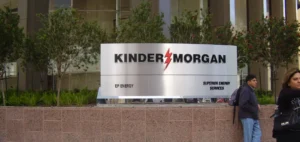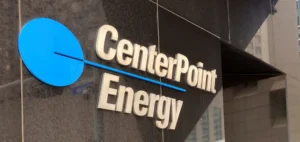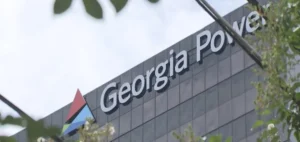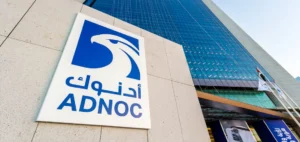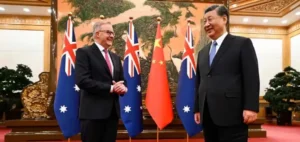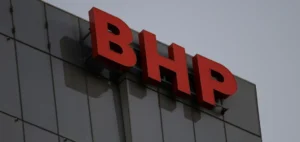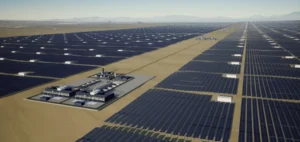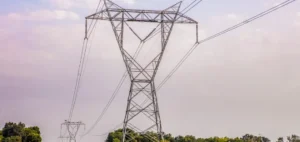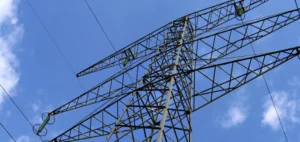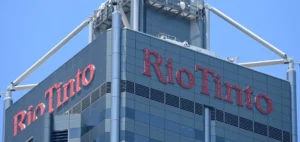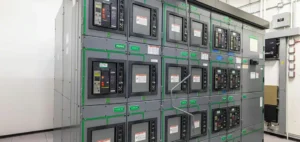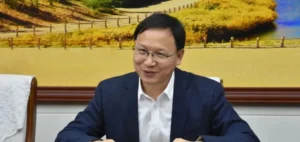British oil and gas giant Shell has announced an 8% fall in net profit for the first half of 2024, to $10.9 billion.
This decrease is explained by significant depreciation charges and reduced margins in refining, production and sale of hydrocarbons.
Group sales fell by 9% to $149.8 billion.
Depreciation, amortization and accounting adjustments, in particular those relating to derivative contracts, took a toll on earnings to the tune of $3.3 billion, exceeding the exceptional items for the first half of 2023.
Despite this pressure on margins, Shell managed to reduce operating expenses and increase production volumes, helping to mitigate the overall impact.
Impairment and suspension of projects
In July, Shell was forecasting write-downs of up to $2 billion in the second quarter, due to the suspension of construction of a major biofuels project in the Netherlands.
In the first quarter, Shell had already recorded a significant drop in earnings, as a result of lower exploration and production revenues, after peaking in 2023 with the rise in hydrocarbon prices linked to the war in Ukraine.
Shell’s difficulties are part of a wider trend in the energy sector.
BP, another British major, also reported a 79% fall in first-half earnings, affected by asset write-downs and declining refining margins.
Despite this, Shell’s results exceeded market expectations.
Financial strategies and future prospects
Derren Nathan, analyst at Hargreaves Lansdown, observes that despite the weak results, they exceeded forecasts.
Lower margins and a slight drop in production due to maintenance operations were offset by an improvement in cash flow.
This situation enabled Shell to launch a $3.5 billion share buyback program.
However, the absence of announcements on new investments in renewable energies could disappoint investors concerned about Shell’s long-term future.
The suspension of the biofuels project in the Netherlands results in an impairment charge of $2 billion.
However, Shell’s efforts to capture carbon at its Scotford refinery in Canada may alleviate some environmental concerns.
CEO Wael Sawan seems to be focusing on improving financial returns, while leaving the door open to investments in energy transition projects deemed financially viable.
The energy transition context remains crucial, and Shell’s ability to navigate between managing traditional assets and investing in cleaner technologies will be decisive for its future in a rapidly changing sector.

